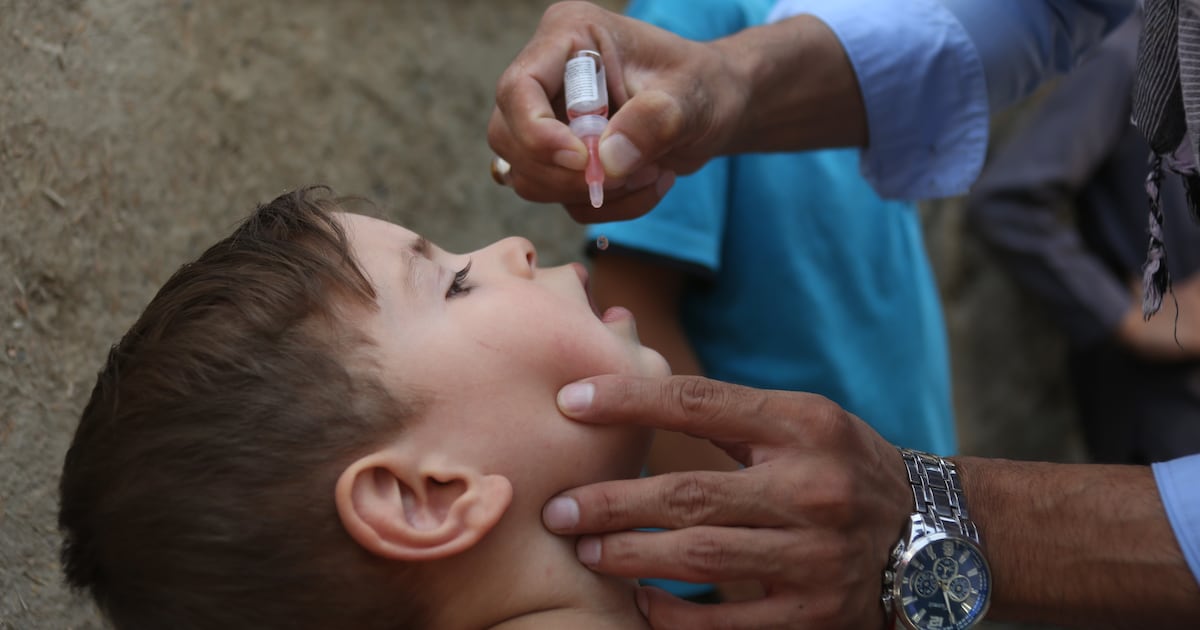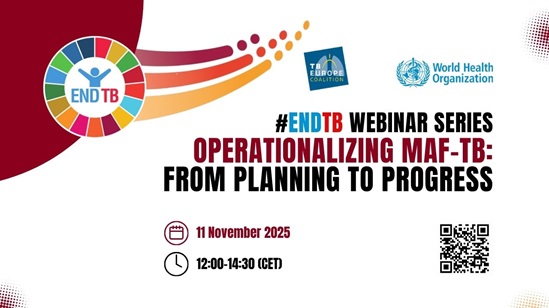Mental State: The Loneliness Epidemic – ABC30 Fresno

Report on the Public Health Crisis of Social Isolation and its Implications for Sustainable Development Goals
Introduction: A National Health Epidemic and its Link to Global Goals
In May 2023, the United States officially recognized loneliness and social isolation as a national public health epidemic. This declaration highlights a critical challenge to societal well-being, with statistical data indicating that one-third of adults report feelings of loneliness and approximately a quarter lack adequate social and emotional support. This crisis directly impacts the achievement of several key United Nations Sustainable Development Goals (SDGs), particularly those related to health, inequality, and community development.
Alignment with Sustainable Development Goal 3: Good Health and Well-being
The loneliness epidemic represents a significant barrier to achieving SDG 3, which aims to “ensure healthy lives and promote well-being for all at all ages.” The documented consequences of social isolation have a direct and negative correlation with this goal.
- Mental Health Impact: Widespread loneliness contributes to a decline in mental well-being, undermining targets related to mental health promotion.
- Physical Health Consequences: The crisis leads to tangible physical health problems, increasing the burden on healthcare systems and working against the goal of promoting physical health.
- Universal Age Group Impact: As the issue affects every age group, it jeopardizes the “for all at all ages” principle central to SDG 3, requiring comprehensive strategies that span the entire population.
Broader Implications for Sustainable Development
Beyond health, the epidemic of loneliness intersects with other fundamental SDGs, indicating that social connectivity is a cornerstone of sustainable development.
- SDG 10 (Reduced Inequalities): Social isolation can disproportionately affect vulnerable populations, exacerbating social and economic inequalities and hindering efforts to ensure no one is left behind.
- SDG 11 (Sustainable Cities and Communities): The lack of social connection weakens community cohesion and resilience. Addressing loneliness is essential for building inclusive, safe, and supportive communities as envisioned by SDG 11.
Initiative and Reporting: A Partnership for Awareness
In response to this crisis, a media initiative has been launched to investigate and raise public awareness, reflecting the collaborative spirit of SDG 17 (Partnerships for the Goals). This partnership between news organizations aims to shed light on the epidemic’s scope and impact.
- Program Focus: A special report titled “Mental State: The Loneliness Epidemic” has been produced to conduct a deep dive into the issue.
- Collaborative Effort: The initiative is a joint project between ABC News and ABC owned stations, demonstrating a multi-stakeholder approach to addressing a national challenge.
- National Scope: The inclusion of reports from stations across the country underscores the widespread nature of the problem and the need for a coordinated, nationwide response to support the well-being of millions of Americans.
SDGs Addressed in the Article
SDG 3: Good Health and Well-being
- The article directly connects to SDG 3 by identifying loneliness as a “national epidemic” that leads to significant “mental and physical health problems.” The core focus of SDG 3 is to ensure healthy lives and promote well-being for all at all ages, and addressing a widespread issue impacting mental health falls squarely within this goal.
Specific SDG Targets Identified
SDG 3: Good Health and Well-being
-
Target 3.4: By 2030, reduce by one third premature mortality from non-communicable diseases through prevention and treatment and promote mental health and well-being.
- The article’s entire premise is based on the declaration of loneliness as a public health crisis that negatively affects well-being. The statement that it “can lead to both mental and physical health problems” aligns perfectly with this target’s aim to “promote mental health and well-being.” The national-level concern highlights the need for prevention and treatment strategies.
Indicators for Measuring Progress
SDG 3: Good Health and Well-being
-
Percentage of adults reporting feelings of loneliness.
- The article provides a direct statistic that can serve as an indicator: “A third of adults in the country report feeling lonely.” This metric can be used to track the prevalence of loneliness over time.
-
Percentage of adults with access to social and emotional support.
- The article implies this indicator by stating, “about a quarter say they do not have social and emotional support.” Measuring the inverse of this—the percentage of people who *do* have support—would be a key indicator of progress in combating social isolation.
Summary Table of SDGs, Targets, and Indicators
| SDGs | Targets | Indicators |
|---|---|---|
| SDG 3: Good Health and Well-being | 3.4: Promote mental health and well-being. |
|
Source: abc30.com

What is Your Reaction?
 Like
0
Like
0
 Dislike
0
Dislike
0
 Love
0
Love
0
 Funny
0
Funny
0
 Angry
0
Angry
0
 Sad
0
Sad
0
 Wow
0
Wow
0







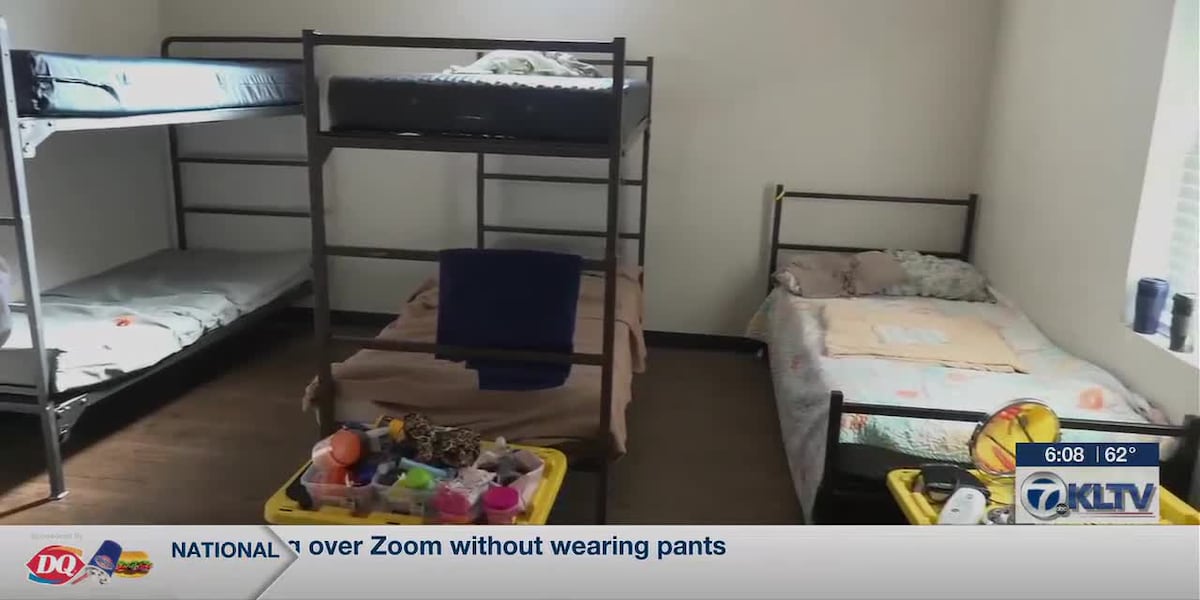



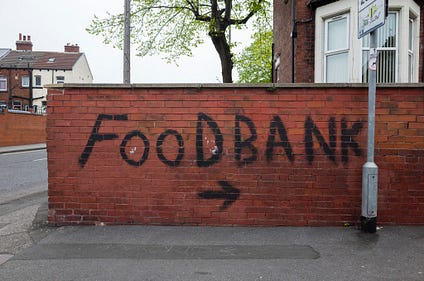

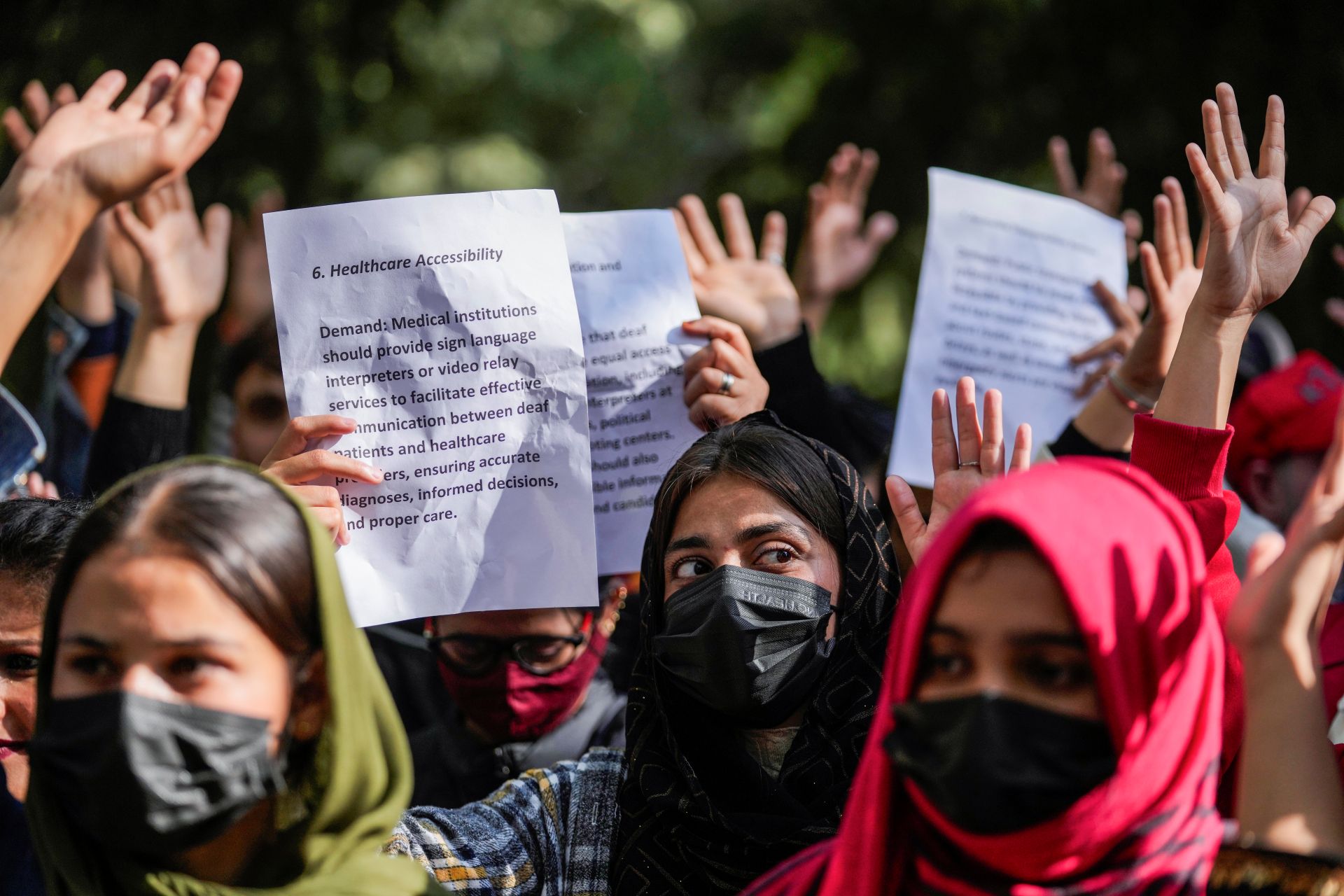













;Resize=805#)
































